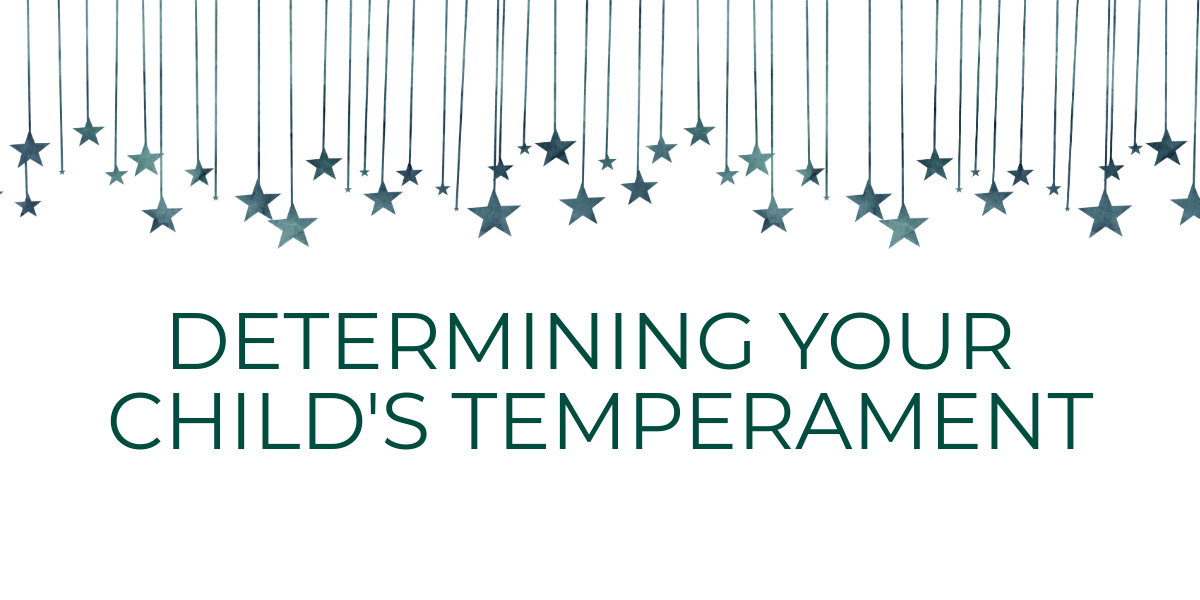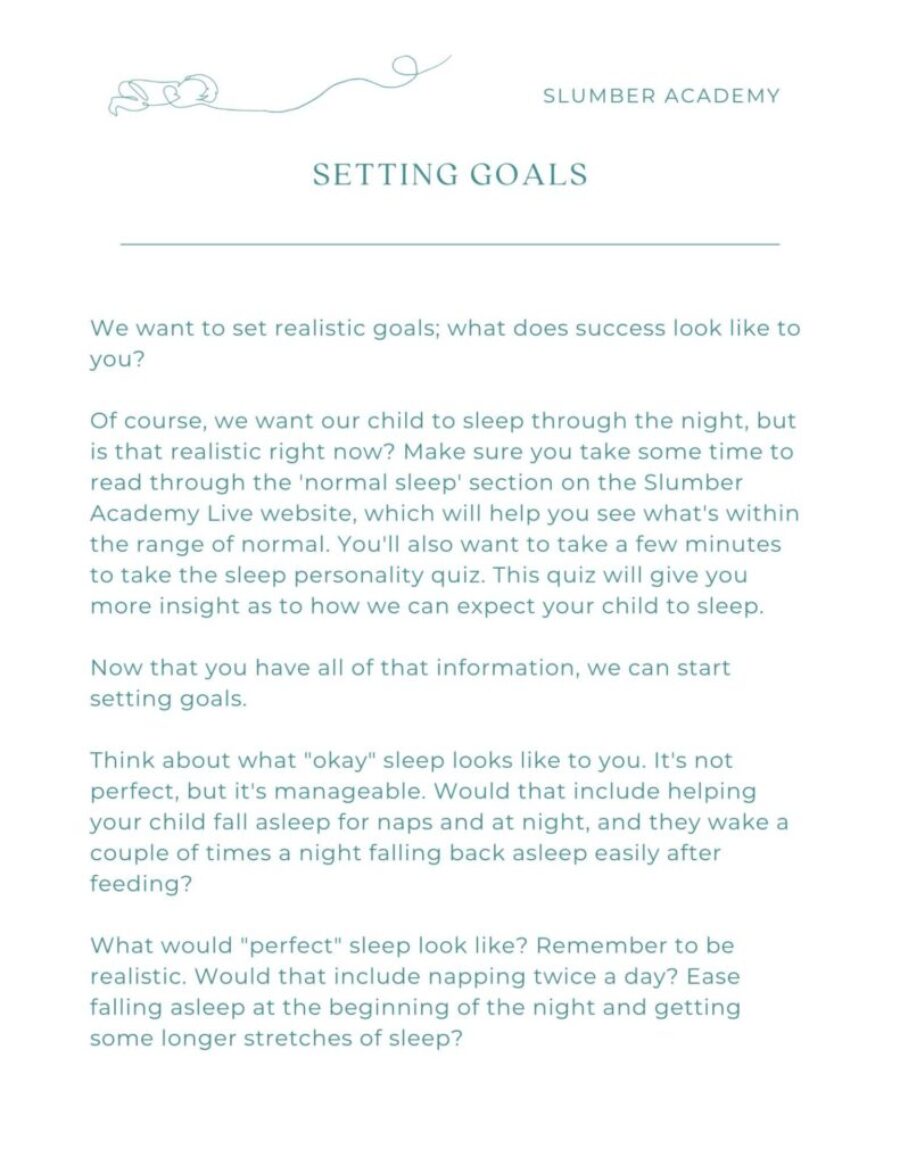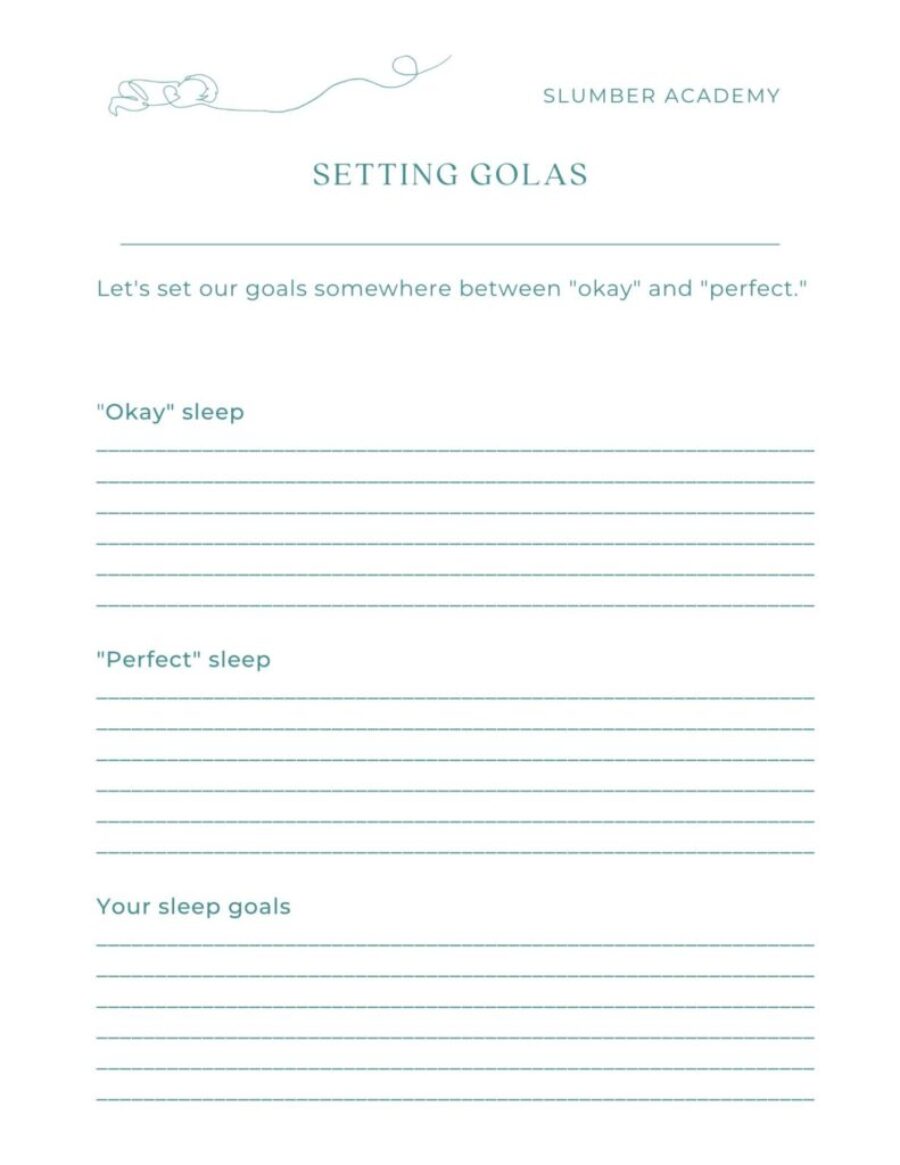
One of the first things I always ask families when they come to me for help with sleep is focused around their child’s temperament. Personality plays such a huge role in how your child sleeps, and it’s so important to be equipped with the right skills and knowledge that will benefit your own personal sleep issues. No one method suits all! Here are my thoughts on determining your child’s temperament so that you can make positive steps towards better sleep.
Three typical temperaments
Through extensive research and most gentle sleep experts will agree, I’ve discovered that although there are nine temperamental traits, there are three main temperaments, and each of these determines how your child sleeps. Being able to determine and understand your child’s temperament is huge if you want to be able to encourage good sleep habits for life. The three typical temperaments are:
- Easy going and laid back
- Shy and slow to warm up
- Intense and spirited
As you can probably tell from the titles, each temperament is different, and therefore each child fitting into each category would have different needs and reactions to sleep as a whole. Understanding where your child is coming from and how they are likely to react is the first part of the solution when it comes to sleep issues. It’s worth noting here that these three temperaments don’t only apply to children- you may recognize your adult self in some of these groups too!
Easy going and laid back
Surprisingly, most of the population are easy going and laid back, and what this means in terms of your child is that it’s more likely you will have an easier time when it comes to gentle sleep training and establishing good sleep habits.
Easy going and laid back children tend to reach all their milestones within the ‘expected’ range for their age, and they tend to accept change very easily in general. A good early example of a laid back baby is one who will happily be passed around from relative to relative without becoming upset or irritable. Easy going and laid back babies tend to be easy to determine- and others will often notice their temperament too.
In terms of sleep, easy going and laid back babies are most likely to respond well to routine and structure, but they will also cope very well if you introduce changes. Lots of easy-going babies tend to sleep fairly well and for long stretches at a time, but that’s not to say there won’t ever be any issues you need to address. The difference here is that issues tend to be fairly easily solved with gentle sleep training methods.
Shy and slow to warm up
Babies who are shy and slow to warm up tend to struggle a little more when it comes to the changes mentioned previously. They tend to resist gentle sleep training methods a little more and show signs of being unsettled when their routine is disrupted or too much is asked of them. Passing a shy and slow to warm up baby from relative to relative may quickly become a recipe for disaster.
For shy and slow to warm up children, making the transition from awake to sleep can take a little longer than it would with an easy-going and laid back baby. They can often become overwhelmed, so it’s really important to take time out from situations as and when you need to. Winding down in preparation for sleep is key.
Routine is essential for shy and slow to warm up children. Having that familiar structure helps provide comfort and a feeling of security that enables them to relax and transition to sleep a little more easily. This goes for nighttime, daytime, and nap time routines. Predictability is key!
Intense and spirited
Again, if you have an intense and spirited baby, you know it early on. Studies have shown that a child who is intense and spirited generally has a harder time with sleep. Not what you wanted to hear? Or exactly what you were expecting? The reason for this is because a spirited child is typically always on the go, full of energy and wanting to do more, learn more. There is absolutely nothing wrong with this!
Intense and spirited babies are often described as ‘very alert’ from a young age. Noises need to be explained; they’re always looking around at their environment, they never seem to ‘switch off.’ Children who fall into this category will rarely fall asleep in their highchair or allow you to carry them from a sleeping position in the car to their bed inside the house without waking. Making that transition and falling asleep is generally a lot harder.
Your intense and spirited baby needs certain conditions to meet to relax and fall asleep, both at nighttime and for naps. It’s really important to make sure that your child’s sleeping environment is perfectly conducive to sleep: use blackout blinds, make sure the temperature is right, remove distracting toys with lights and sounds, etc. When it comes to gentle sleep training, intense and spirited children will show more resistance to the changes you’re trying to implement. You can still establish good sleep habits but be prepared for it to take a lot longer.
You may find that your child falls into more than one category- and that’s completely normal. Many people have many elements to their personality- the key is to understand how your child will react to certain situations and which element of their personality comes into play. It takes time, but only you know your child and what will work for them best.
IF YOU’RE LOOKING FOR MORE SUPPORT CHECK OUT SLUMBER ACADEMY




